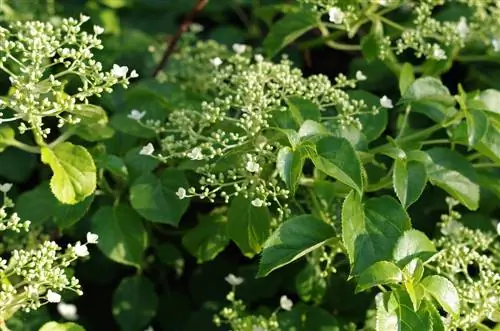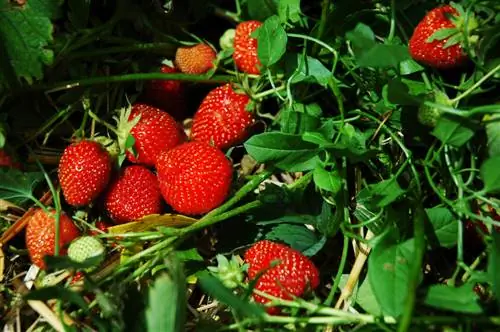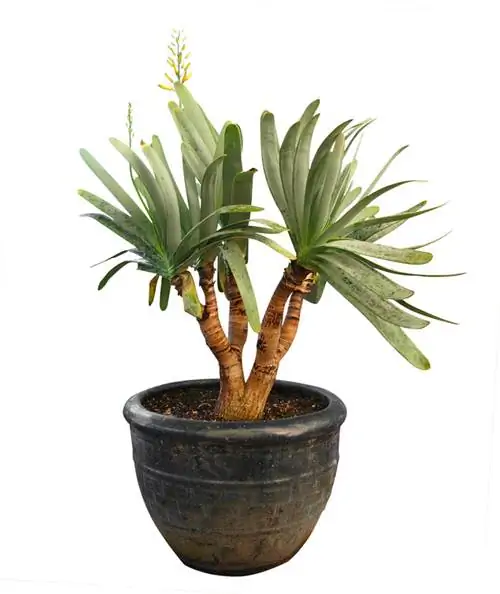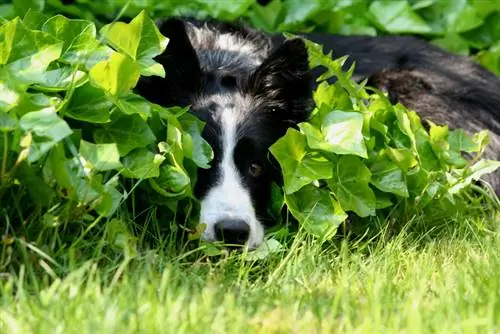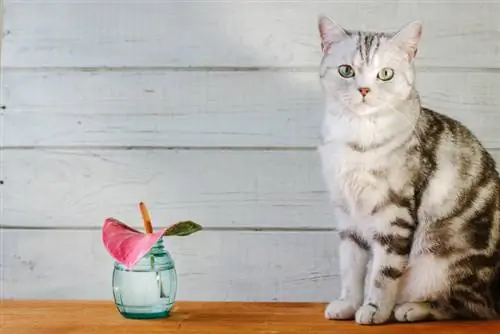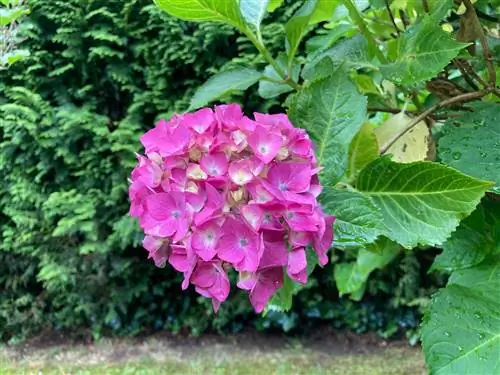- Author admin [email protected].
- Public 2023-12-16 16:46.
- Last modified 2025-01-23 11:22.
You would like to plant one of the fast-growing climbing hydrangeas in the garden and are wondering whether the pretty plant is poisonous. Can your small children and pets be harmed if they consume leaves or flowers?
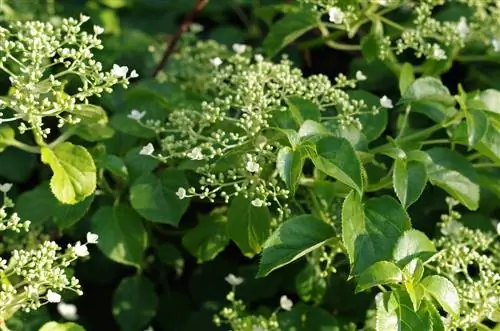
Are climbing hydrangeas poisonous to people and pets?
Are climbing hydrangeas poisonous? Yes, climbing hydrangeas are mildly toxic to people and pets. They contain hydrogen cyanide, hydrangenol and hydrangine, which can cause shortness of breath, nausea and circulatory problems if consumed. Poisoning from large quantities requires medical attention.
Are climbing hydrangeas poisonous to humans ?
Climbing hydrangeas (Hydrangea petiolaris) aremildly toxic to humans They contain small amounts of saponins as well as the substances hydrangenol and hydrangin. The glycoside hydrogen cyanide is the most dangerous ingredient. It can lead to circulatory and breathing problems and even suffocation. Hydrangenol and hydrangin cause, among other things, Dizziness and nausea. But only if large quantities have been consumed is there an acute danger to life. Then you have to go to the emergency doctor. Since climbing hydrangeas taste unpleasant, it is unlikely that small children, for example, will poison themselves with this plant.
Can climbing hydrangeas poison pets?
Forpetssuch as turtles, cats, rabbits, horses and guinea pigs, there is a risk that they will eat too large quantities of the climbing hydrangea and thereby becomepoisoned. The animals experience similar symptoms to humans: shortness of breath, nausea, cramps and circulatory problems. In an emergency, the vet should be consulted immediately.
How does the climbing hydrangea poison work?
The hydrogen cyanide contained in the climbing hydrangea blocks the absorption of oxygen in the body's cells. In high doses, hydrogen cyanide can cause death fromSuffocation. Hydrangenol is responsible for contact allergies. Sensitive gardeners should therefore wear gloves. The hydrangin and saponins contained in hydrangea can cause nausea and cramps. When consumed in very small doses, climbing hydrangea does not harm adults.
Tip
What should I do if my child ate the climbing hydrangea?
If you notice symptoms of poisoning in your child after eating climbing hydrangeas, you should calm the child down. Then call the poison control center. If you have mild symptoms (e.g. just nausea), see a doctor; if you have severe symptoms (e.g. shortness of breath), contact an emergency doctor.

